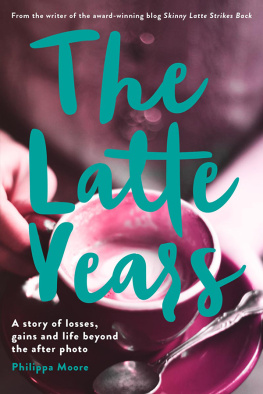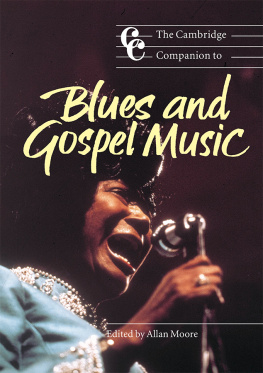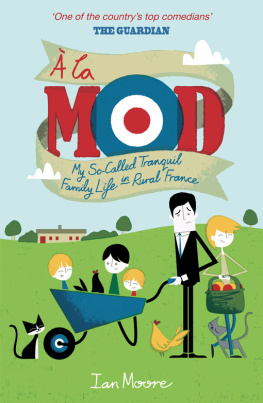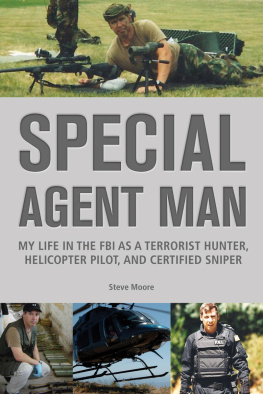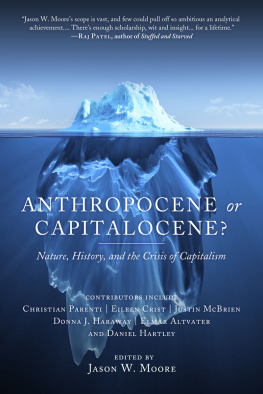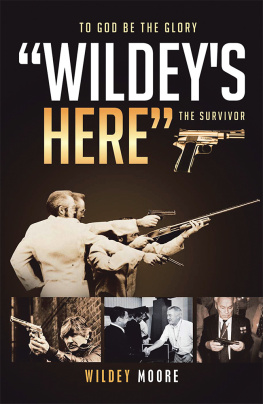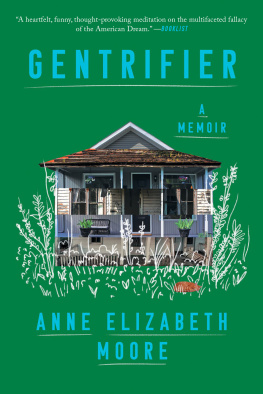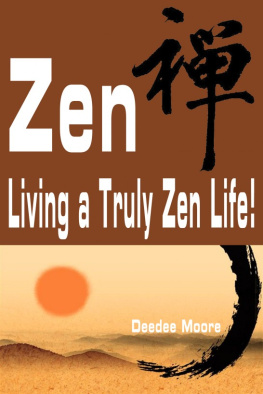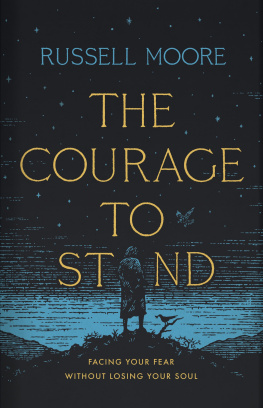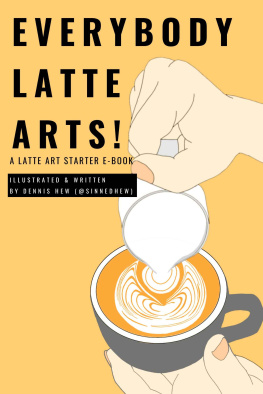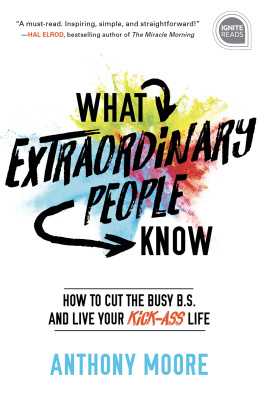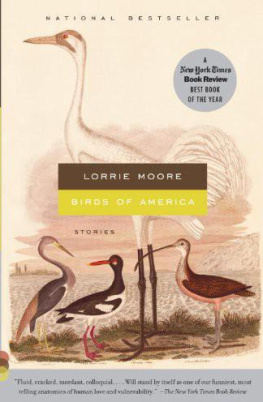Published by Nero,
an imprint of Schwartz Publishing Pty Ltd
3739 Langridge Street
Collingwood VIC 3066, Australia
www.nerobooks.com
Copyright Philippa Moore 2016
Philippa Moore asserts her right to be known as the author of this work.
ALL RIGHTS RESERVED.
No part of this publication may be reproduced, stored in a retrieval system, or transmitted in any form by any means electronic, mechanical, photocopying, recording or otherwise without the prior consent of the publishers.
National Library of Australia Cataloguing-in-Publication entry:
The latte years/Philippa Moore.
9781863957939 (paperback)
9781925203691 (ebook)
Moore, Philippa.
Self-actualisation (Psychology) in women.
Self-realisation in women.
Conduct of life.
158.1
Design and typesetting by Peter Long
Cover photo by Alice Gao Photography, Getty Images
For my family, who have always believed in me.
Prologue
Above all, be the heroine of your life, not the victim.
NORA EPHRON
I n April 2005, I was nearly twenty-four years old and weighed well over 100 kilograms. I got out of breath walking up stairs. My idea of a challenge was how to make a family block of chocolate last longer than an hour. I was married to the first man who had taken an interest in me. I spent most weekends watching DVDs on my own with the blinds shut and an entire cheesecake to hand. Clothes shopping was like going to the dentist something I only did when I had to, and always painful. I had never left my hometown of Hobart, Tasmania I didnt even have a passport. Id never have admitted it out loud at the time, but I was bored, unhappy and genuinely didnt understand how life had ended up this way. I had been such a high achiever at school and university, the girl most likely, but I had reached my early twenties with no direction and no idea who I really was. I knew things had to change but life felt so messy and hopeless that I didnt know where to begin.
Now? I cant remember the last time I ate cheesecake.
It wasnt all about shifting some lard, however. Doing something about my weight and my health gave me the confidence to start tackling the other areas of my life that needed an overhaul, and it was then that the real work began. As the number on the scales went down, it became clear to me that I was actually in charge of my own life. I was the driver, not the passenger. But with that realisation came another that my life as it was couldnt continue. And that was terrifying.
I wrote this book to answer the questions I had back then, in 2005 and 2006, and still had years later: what the hell do we do once we realise we cant keep sleepwalking through our lives? What do we do when we feel stuck? How do we keep going when were afraid? What do we do when there are so many reasons to give up? How do we adjust to big, scary changes? How do we fight for our dreams when theres already so much else to do and a voice in our heads saying, Who do you think you are? Who are you to dare to want this? Its never going to happen.
How?
You just do.
You write a book youre scared to write, the same way you train for a marathon youre not entirely sure youll be able to run, the same way you build up the courage to leave a job or relationship thats not working any more. The way you decide to have a baby, move to another country, start therapy or do whatever is out of your comfort zone but closer to the life you want and the you you want to be. You get up every morning and you know what you need to do, so you do it. You fight your way up those hills. You feel fatigue soak into your bones and you get a stitch and you scream but you keep going. You have faith in yourself, because that is what faith is showing up, every day, even when you cant see where youre headed.
Talking about it, worrying about it, wondering about it and thinking one day is not how you do it. You just start. Anywhere. Because there is no other way.
Its not easy. And sometimes it doesnt work out the way you thought it would. But when you consider the alternative staying where you are, changing nothing I know personally that I would rather have tried. Mistakes are easier to live with than regrets. Every day you are choosing your life. Is it what you really want? More to the point, is it what youre willing to accept?
To be honest, a lot of the time that Ive been writing this book has been spent trying to do anything other than write this book. I have spent many years trying to forget about some of the things Ive written about. I had to feel my way through the chaos again, remembering being out there in what felt like a battlefield, where one day I was happy and excited about the changes on the horizon and the next it was an achievement just to get out of bed.
To write this book, I relied on blog entries and journals I kept at the time, consulted several of those involved and called upon my own flawed memory of this period in my life. Ive taken occasional liberties with time by compressing or rearranging the chronology of some events, and left out unnecessary details, but it all happened. Ive changed some names and identifying details for the usual reasons Ive also combined a few men I dated into one character to avoid being repetitive but everyone in these pages is out there, somewhere. I know some of them will remember these events very differently to me. Ive borne that in mind and tried hard to stick only to the memories and events that directly affected me and my story.
Why The Latte Years? I started a blog in 2005 called Skinny Latte, which was both my typical coffee order and a symbol, I felt, of the slim and sophisticated woman I desperately wanted to be. The blog found a large and appreciative worldwide audience, catapulting me to a different life and helping me find a voice, as well as some wonderful friendships. It would be fair to say that from the moment I hit publish on the first Skinny Latte post, my life was never the same again.
Im also a lover of literature, particularly T.S. Eliot, whose wonderful line about measuring out ones life in coffee spoons haunted me from the first time I read it as a teenager. I did feel, in many ways, that that was how I was living my life. Measuring it out in ordinary things, with not much room for spontaneity. Every day, and even every year, was the same. And the coffee? It was instant.
But enough with the coffee metaphors and on to the hard stuff.
I think many of us reach adulthood with multiple hang-ups from our early years, particularly about our own worthiness and whether or not we deserve to be happy. I was the same and have wrestled with the idea and seen it similarly wrestled with in the media and in discussion of books like this one that wanting a happy, authentic and meaningful life, when you already have so much compared with the vast majority of the worlds people, is a bit selfish. That if your basic needs as a human being are covered, wanting more is a travesty. Im not saying that I couldnt have done with a Seriously, dont you know how lucky you are? tough-love chat at certain points in my life far from it. I appreciate that the stories Im going to tell you here are not exactly on par with fighting for world peace and curing disease. When Ive witnessed loved ones face tragedies and injustices in their lives, it has indeed made me grateful for my relatively sheltered existence. Not a day has gone by since the events of this book took place, actually, that I havent felt grateful for my life and the good things in it. But before that I didnt feel grateful for much at all. Far from feeling appreciation for my employment, my marriage, having a roof over my head and far more food than I needed, I felt deprived, resentful and guilty all the time. I was well aware things could be worse but that didnt make me feel better; it simply kept me stuck where I was and made me take that much longer to change things.

